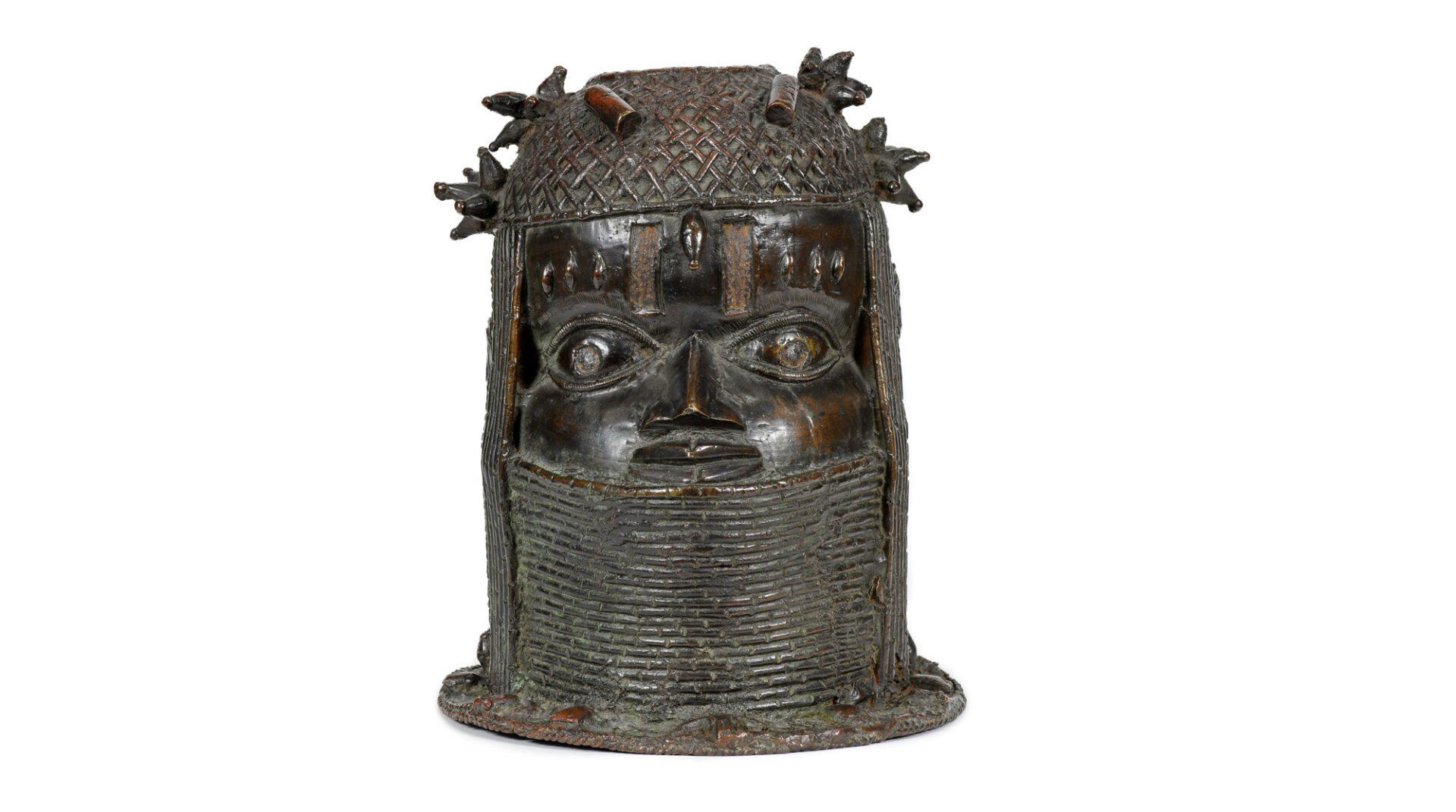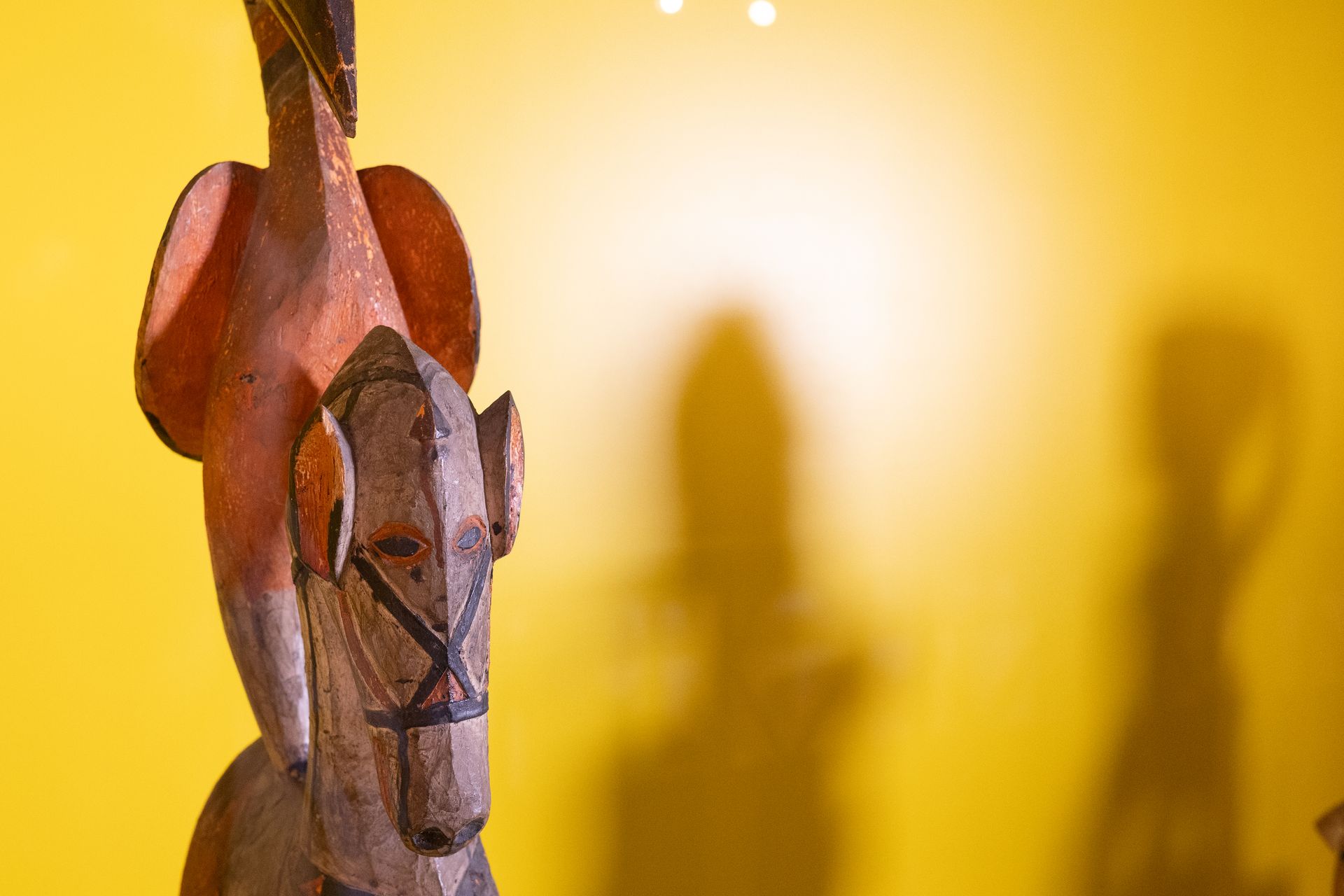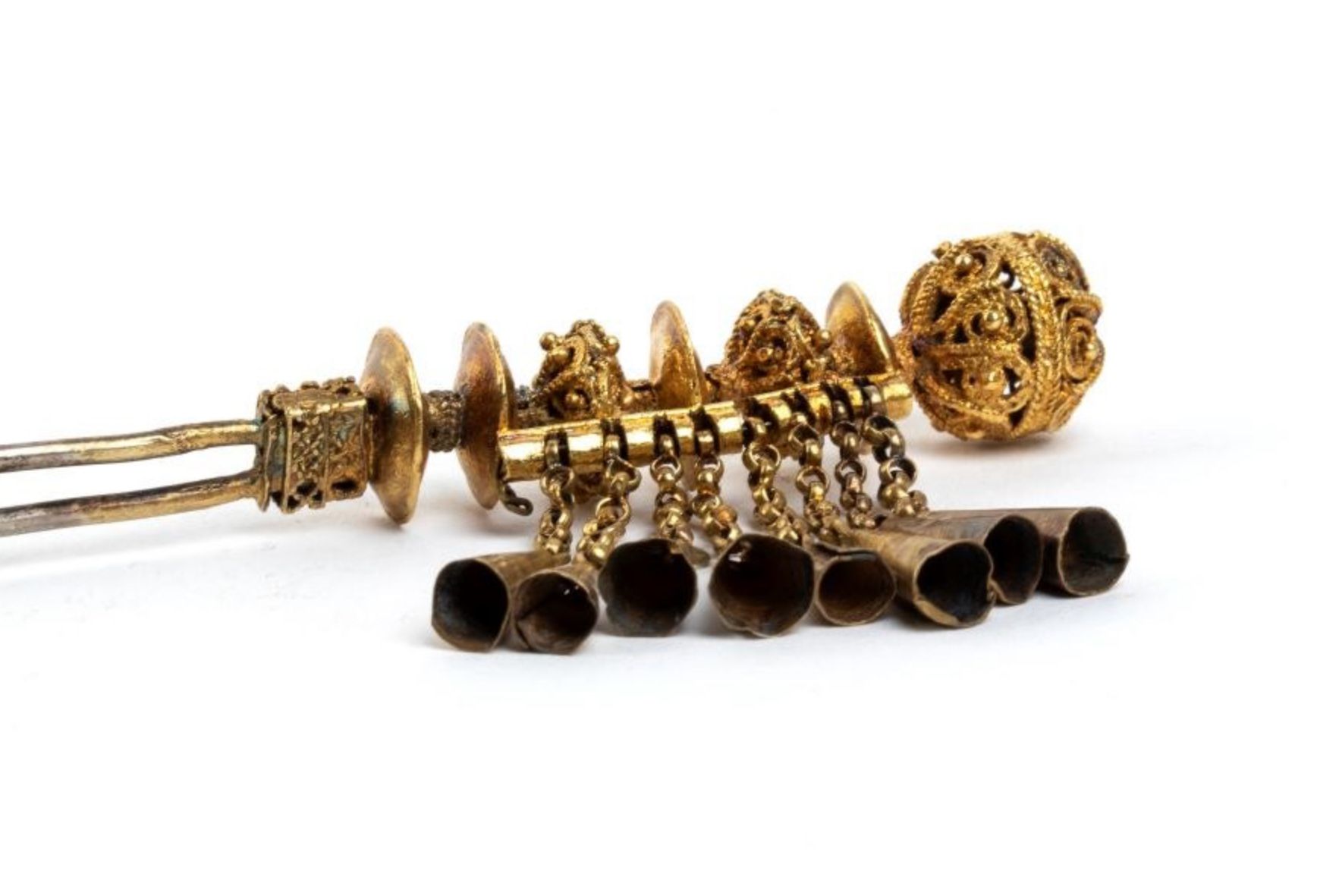Cultural Restitution
SHARE ARTICLE
While some members of the Benin Dialogue Group continue to resist the full repatriation of thousands of looted objects now in western collections, others are behaving more decisively.
In March 2021, the University of Aberdeen’s governing board met to support the repatriation of a superb Benin bronze head of an Oba (king) to Nigeria. The University has become the first UK institution to agree to an unconditional return of a Benin artefact.
The head entered the United Kingdom after being seized during the widespread looting that took place at Benin City in 1897. Research indicated it had passed through several private hands before it was purchased by the University at a Sotheby's auction in 1957 for the sum of £750.
Instead of years of haggling and tortured negotiation, the whole process was achieved with remarkable speed amid the Covid-19 pandemic. Having a well-established, transparent process for managing requests for restitution was clearly a big advantage. Previous experience of returning sacred items and ancestral remains to Canada, Australia and New Zealand also gave them confidence their process worked.
However, this time it was concern within the University itself that encouraged the conversation that led to the head’s repatriation. The head has not been on display in the University's museum since 1979.
“An ongoing review of the collections identified the Head of an Oba as having been acquired in a way that we now consider to have been extremely immoral,” explained Neil Curtis, Head of Museums and Special Collections, “so we took a proactive approach to identify the appropriate people to discuss what to do”.
In 2020, instead of turning for advice to the Benin Dialogue Group, which has focused its energies on loans rather than returns, the University opted to consider whether an outright return would be possible. So, it instigated direct discussions with representatives of Nigeria’s federal government, national museums, Edo State government and the royal court of the Oba. The discussions were facilitated by Professor Bankole Sodipo, a Nigerian lawyer and Professor of Law at Babcock University, with good connections in Nigeria. On behalf of the University, Professor Sodipo made contact with the relevant people in the federal and state governments, the Edo Royal Court and the national museums.
The University had already decided that an unconditional and permanent return was the correct course of action for the institution.
“It would not have been right to have retained an item of such great cultural importance that was acquired in such reprehensible circumstances,” said Professor George Boyne, Principal and Vice-Chancellor of the University. “We therefore decided that an unconditional return is the most appropriate action we can take”.
Pressure on western museums to return stolen Benin bronzes has increased despite the pandemic. Aberdeen’s action coincides with other repatriation initiatives in Germany and the Netherlands, which recognise the historical injustices committed during the colonial era. These initiatives are all heading towards the inevitable and unconditional restitution of other Benin artefacts. And there a great many of them.
Thousands of metal sculptures, plaques, ivories and carvings, collectively known as the ‘Benin Bronzes’, were widely dispersed following the looting of the Oba’s palace by British forces and administrators. New research indicates that at least 45 collections in the United Kingdom have looted Benin material; 928 Benin objects are in the collection of the British Museum alone.
A Benin statue of a cockerel was returned to Nigeria by Jesus College, Cambridge in 2019; other returns from private collections include two ceremonial paddles, returned in 2019 by the grandson of Capt. Herbert Walker who played a major role in the 1897 expedition. However, the University of Aberdeen believes they are the first institution to agree the full repatriation from a museum of a Benin bronze.
Today, the British Museum’s uncompromising stance to loan rather than repatriate its Benin material, despite acknowledging the circumstances of its acquisition, is well-known. However, their readiness to sell a number of bronzes in the 1950s, described curiously by the Museum as “duplicates”, together with further “swaps” that took place in 1972, undermine the integrity of this stance.
The University of Aberdeen is now discussing practical arrangements for the head’s return with their partners in Nigeria and says it will be guided by their wishes. It may eventually be displayed in the future Museum of West African Art (MOWAA) in Benin City.
Photo: Neil Curtis with the Benin bronze head
Courtesy of the University of Aberdeen
More News




